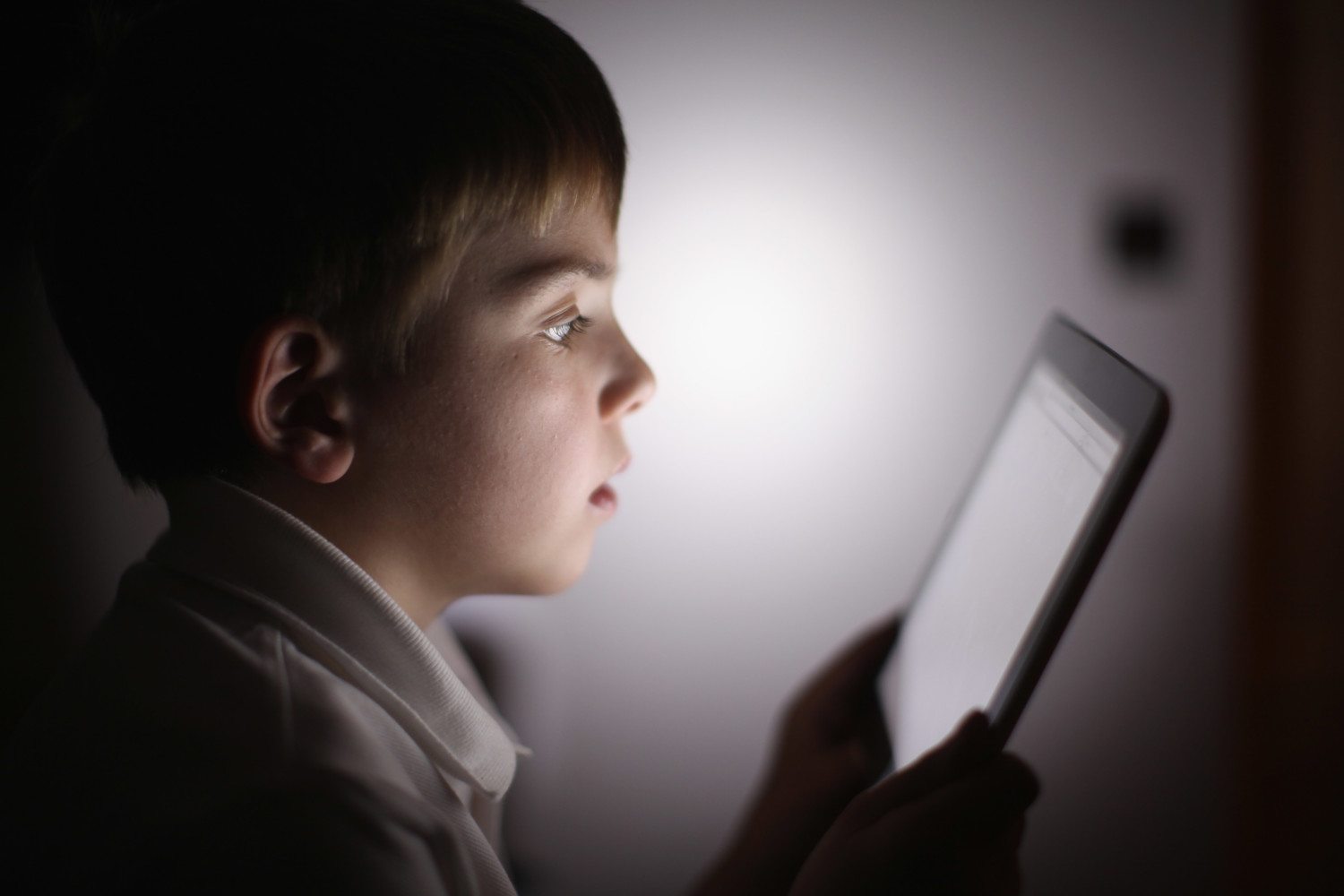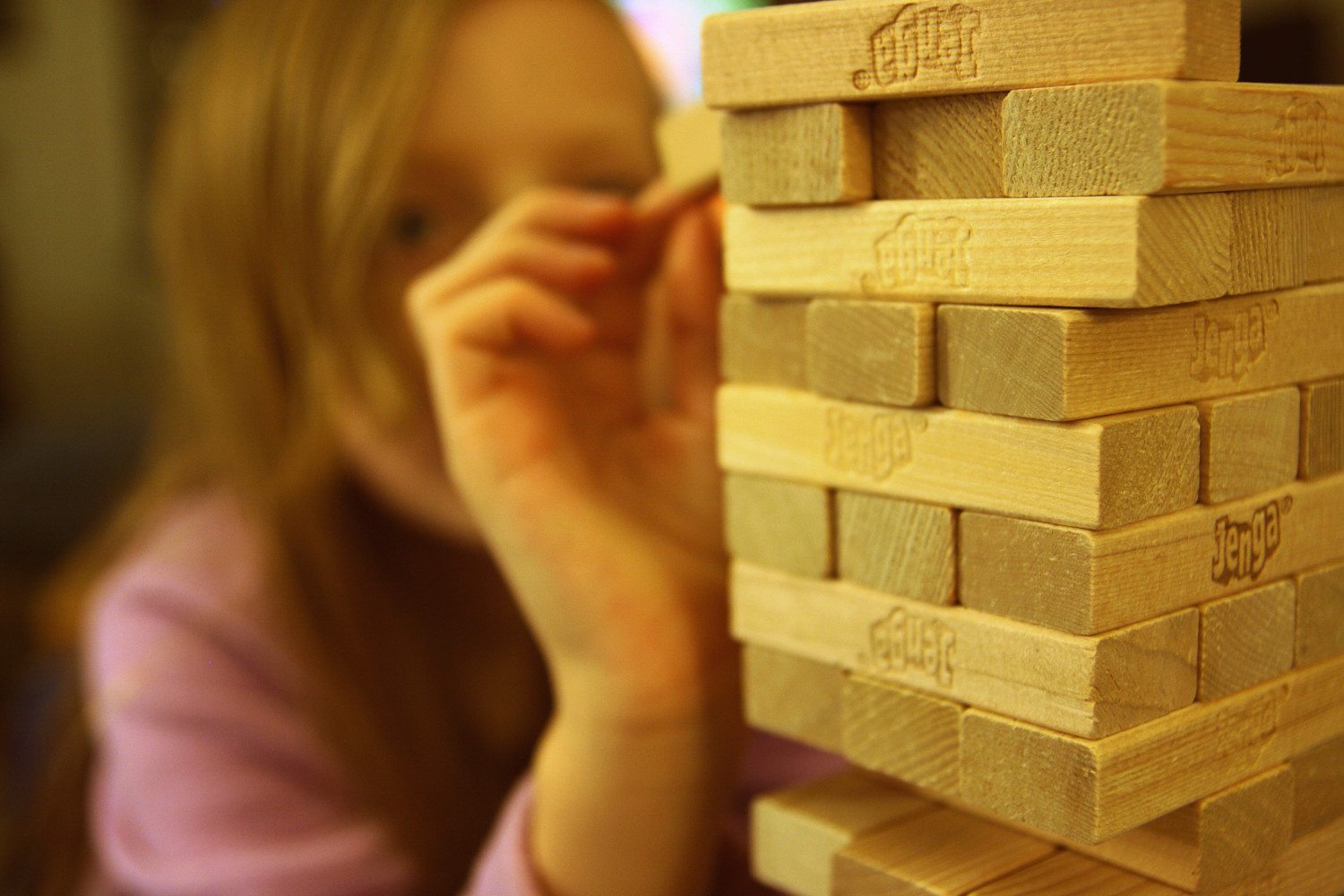Do you agree with this viral blog post about the ‘silent tragedy’ of spoiled children?
If you haven’t read the viral blog post about the “silent tragedy affecting today’s children,” consider yourself lucky. Written by Victoria Prooday, an occupational therapist from Toronto, it claims that an overuse of technology and a surplus of “endless fun” (her words, not mine) are contributing to brain decline in children. And all we have to do to stop this is instantly become better people and better parents.
Why do I take issue with the post? Because Prooday’s logic is flawed, offensive and pretty much only for wealthy people.
The Flaws In Prooday’s Argument
While it’s certainly true that attention spans are on the decline and that technology is more prevalent than ever, it’s impossible to blame these things on bad parents…which is essentially what Prooday does. How many times have you passed the iPad, wearily, to your shrieking child in the backseat or handed them your phone just to get a few minutes of peace and quiet? This isn’t spoiling or ruining a child. It’s self-care for a beleaguered parent.
“Through my work with hundreds of children and families as an occupational therapist, I have witnessed this tragedy unfolding right in front of my eyes. Our children are in a devastating emotional state!” Prooday warns in her overwrought post. Of course, she doesn’t back this statement up with any real science. Just her own, personal eye-witness account.
Prooday also cites a number of statistics about children’s mental health, meant to jolt parents to their senses. In her post, she writes that 1 in 5 children has mental health problems, and that there has been a 43 percent increase in ADHD, a 37 percent increase in teen depression and a 200 percent increase in the suicide rate in kids 10-14 years old. These are some terrifying statistics, but it’s ludicrous to blame all of them on poor parenting and an influx of technology. Genetics, biochemistry and a host of other issues all contribute to mental health problems.
The Varying Causes Of Mental Health Issues
There are numerous reasons for this seeming spike in mental health issues among children. Among them are better diagnostics as medical technology improves and the overprescription of ADHD and ADD medications, leading to a spike in reporting. And while there has been research that suggests that the internet can influence suicidal behavior, there is no evidence that it causes it.
Prooday’s Suggestions For Healthier Children
It’s truly offensive to point the finger at parents (who are likely doing their best) and say, “Look at what you’ve done! Your inattention and failure to serve gluten-free and vegan meals at 6 p.m. every evening has made your child spoiled and suicidal to boot.”
But this is basically what Prooday does in her post. In addition to an overuse of technology, she also cites indulgent parents, inadequate sleep, unbalanced nutrition, a sedentary lifestyle and other parental inadequacies as the culprits behind unhealthy children. To combat this, she recommends such things as clearly defined limits, balanced nutrition, adequate sleep, creative play and more. Which are all fantastic ideas, and undoubtedly ones that help create a more grounded and happy family. But they’re not necessarily feasible for lower-income families.
Healthy food at every meal is a great goal, so long as you can afford it. But when more than 100 million people in America are food insecure, getting anything on the table is a better goal. Playing outside is also great, but if you live in the city or in an area that’s unsafe (as many lower-income families do), you’re not going to be able to complete the daily, hour-long hike Prooday says is necessary for a healthy child. And family game nights and dinners are all well and good, but when parents are working two jobs (or nontraditional hours), that might not be feasible.
The point is this: Children need to learn, grow and fail on their own. I agree with Prooday that it’s crucial for kids to learn how to pack their own backpacks and peel their own bananas. And science says that being bored is actually good for kids and promotes creativity, so maybe withholding the iPad every so often isn’t such a bad idea.
But ultimately, Prooday’s rules should be taken with a grain of salt. You will not ruin your child by feeding them Dino Nuggets, letting them use technology on school nights or failing to play a nightly board game. Don’t let one blogger on the internet tell you it’s a lost cause unless you become Martha Stewart.




